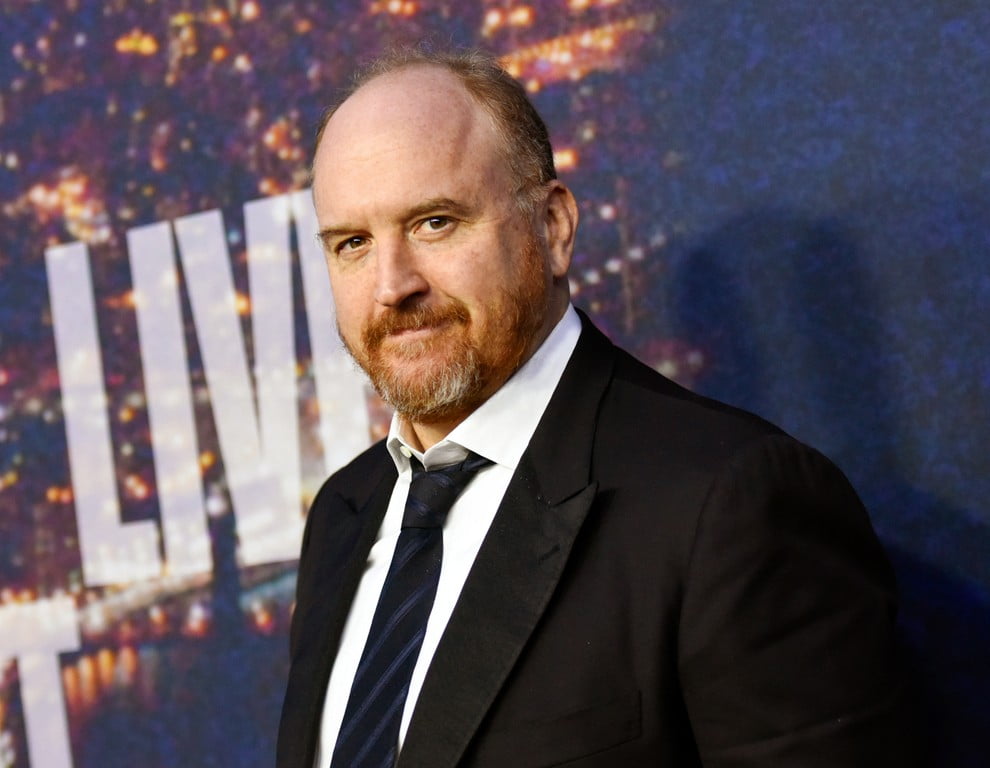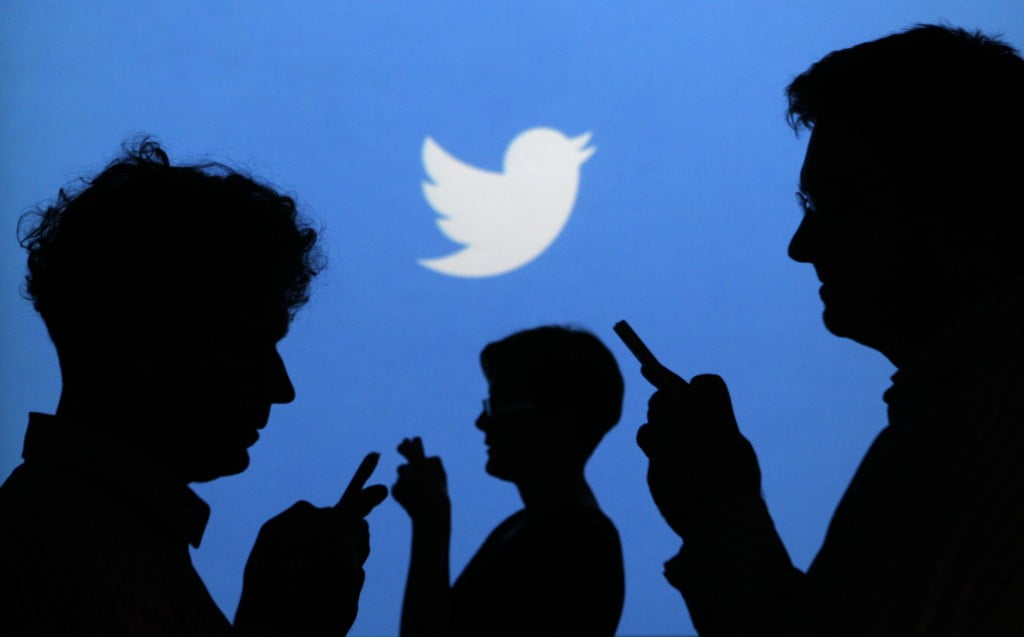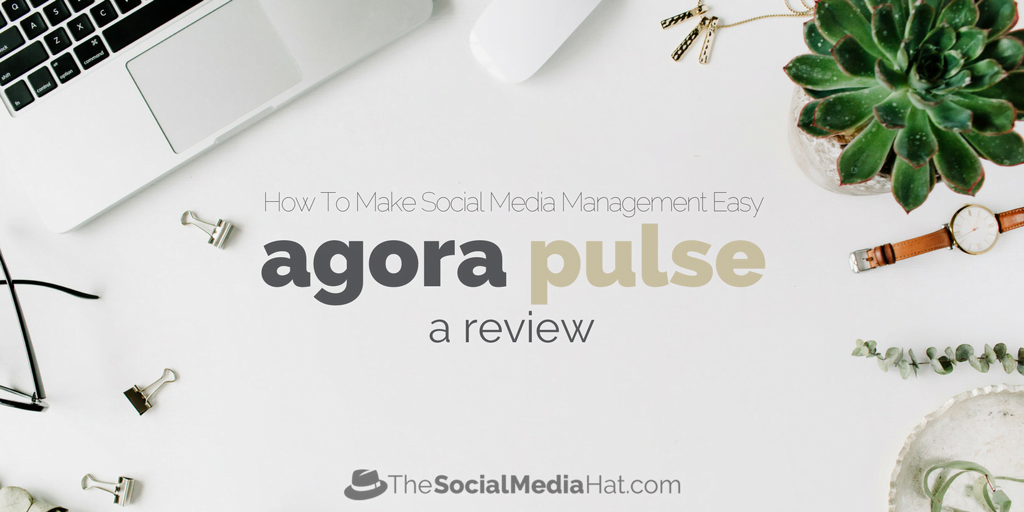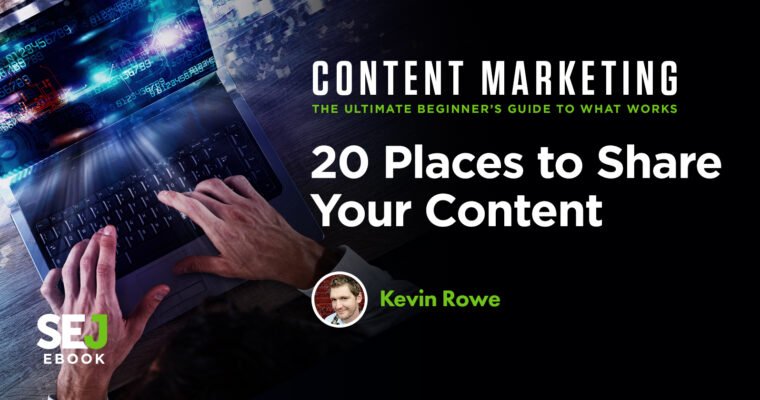

A couple of weeks ago, I did the unthinkable: I decided to quit social media. No more Facebook, no more Twitter, no more Instagram.
My decision was months in the making. On Twitter, I’d experienced too many insults from strangers and on Facebook I’d had enough of pointless arguments about silly subjects with people I barely knew.
I’d arrived at a point where I was contemplating existential questions about social media itself: what is it good for and do we derive much benefit from it, if any? I figured that going cold turkey was the only way to find out.
The first few days of detox were hard. Having deleted the apps from my phone and browser’s bookmarks, I felt disoriented when I tried to tap or click on the spaces they used to occupy. And I tried frequently.
I found myself anxious and wondering what was going on in the world. In moments of weakness I’d sneak on to Twitter through my phone’s browser and post a quick comment, then immediately regret it afterwards. I recognised these as signs of addiction.
Thankfully, the results I’d hoped for started to materialise over time. Without a never-ending well of information to delve into in moments of boredom – say, standing in line for a coffee – I found myself becoming more present. I became more mindful of my surroundings and the people around me.
Time seemed to slow down and I felt that anxiousness lessen. The world seemed more at ease, more calm somehow.
Not only was I free of the constant stimulation, I was also ignorant of a lot of the terrible news that social media spreads so well. It was like a return to simpler times, where you knew bad things were happening but they weren’t always in your face. Best of all, I wasn’t wasting time on insults and arguments.
So given those lessons, I returned to the question: what is social media good for?
There are clear benefits to be sure. Facebook and Instagram are good ways to see what’s going on in the lives of our friends and relatives and they’re great for following personally relevant news. Facebook does, after all, employ thousands of algorithm-driven filters to keep feeds as pertinent to each of our interests as possible.
Twitter takes the idea a step further by cutting out the noise in favour of terse, just-the-facts snippets. If Facebook is a news magazine featuring what’s important to you, Twitter is a newspaper.
But more than just news, social media also provides psychological gratification. Whether it’s follower counts or likes and comments on posts, the services are identically engineered to give us little hits of satisfaction when we interact with them.
Those red notifications are the currency they pay us in exchange for our never-ending stream of voluntarily dispensed content. Knowing that what we post matters or that others approve of it is in some ways better than money. It’s a kind of drug – and it’s just as addictive.
And therein lies the downside. Any addiction is bad for you and in this case it can rob you of much of your time.
Social media companies are doing this on purpose. They want us to spend hours on end with their services because it’s how they generate advertising revenue, so they prey on our psychological vulnerabilities. Their affirming likes and comments are the digital equivalents of fat and sugar – they feel good for a short time but are fleeting and with little nutritional value.
There is the argument that it’s up to each individual to resist the urges to seek these affirmations, but that’s not really true. With the resources the social media companies have at their disposal, it’s not a fair battle.
As Tristan Harris, a former Google product philosopher, recently told The Atlantic: “That’s not acknowledging that there’s a thousand people on the other side of the screen whose job is to break down whatever responsibility I can maintain.”
Addiction can then also quickly lead to a decay in interpersonal communications.
In some of those arguments I’d had on Facebook, I was amazed at how quickly people I thought I knew would resort to name-calling – something I couldn’t imagine happening in real life. When screens separate people, long-established rules of social civility quickly break down. It’s a good thing nations don’t negotiate peace treaties over social media.
The comedian Louis CK explained this phenomenon a few years ago on a talk show. He said he forbade his children to have mobile phones because they enable “toxic” blind communications that rob people of basic empathy.
“They look at a kid [in person] and say, ‘You’re fat,’ and they see the kid’s face scrunch up and they go: ‘Ooh, that doesn’t feel good to make a person do that,’” he said. “But when they write ‘You’re fat’ [on their phone] they just go, ‘Mmm, that was fun, I like that.’”
It looks like he was on to something because that toxicity is coming home to roost. A study this summer from the marketing intelligence firm SimilarWeb found that users spent less time on Facebook, Snapchat, Instagram and Twitter than they did a year earlier.
Twitter, in particular, is experiencing big declines in user engagement. Its inability to stem the tide of trolls – the same anonymous insult hurlers who drove me away – are often cited as the cause. A swath of companies including Salesforce, Verizon and even Disney recently considered acquiring Twitter but each walked away, reportedly because of the troll problem.
Mr Harris, for his part, is trying to do something about the addiction. His advocacy group, Time Well Spent, is urging social media software developers to adopt a new code of ethics that would prevent them from preying on our psychological vulnerabilities. Whether he has any luck fighting such an uphill battle remains to be seen.
Until then, or until market realities force changes, it will indeed be up to us all to gauge our social media usage and assess whether it’s causing us problems – and if it really is benefiting us in the long run.
For my part, I’ve gingerly returned to Facebook and Twitter recently – it’s next to impossible for a journalist to leave completely – but I’m more mindful of how I use social media. I’m more of a spectator now, with my brief but valuable break sapping me of the desire to interact.
Just as I watch what I eat, I’m careful to consume social media in moderation, and doubly cautious about being sucked further in. It’s a never-ending hole – I’m just happy I finally figured that out.
Winner of the week: Blockchain
On Monday, Commonwealth Bank of Australia and Wells Fargo of America said they had conducted the first cross-border transaction between banks using multiple blockchain applications. The $35,000 deal resulted in shipment of 88 bales of cotton from Texas to China.
Loser of the week: The White House
A report from the federal inspector general said the Obama administration’s programme to create its own version of a high-tech start-up for government digital projects had foundered since its launch in 2014, losing nearly $32 million as staff spent most of their time on unbillable work.
[Source:-The National]





